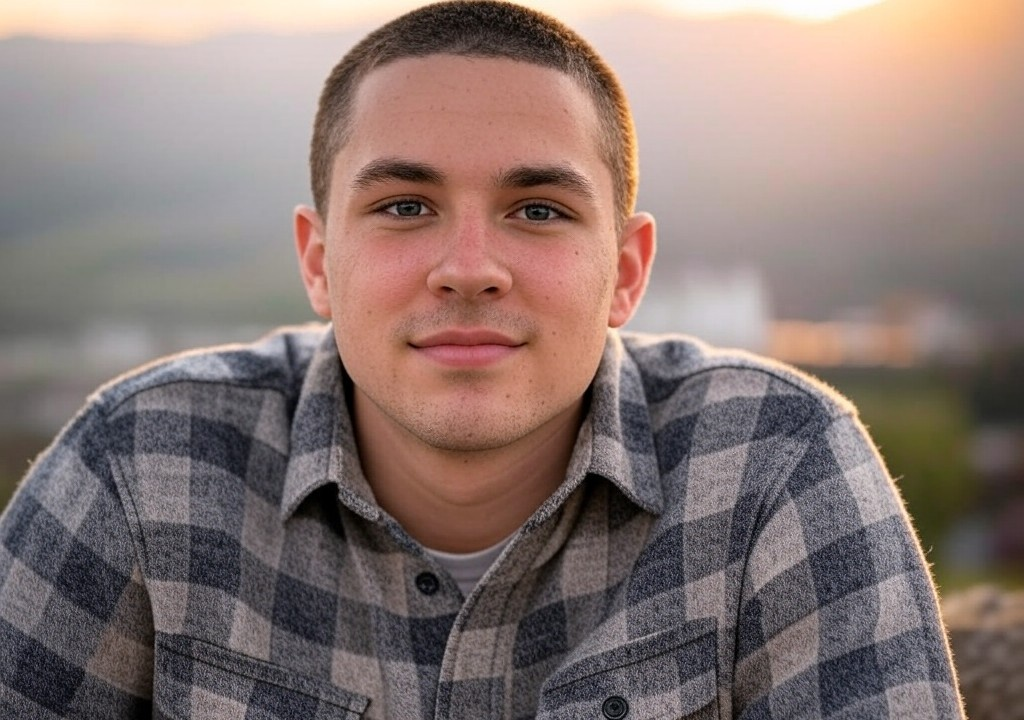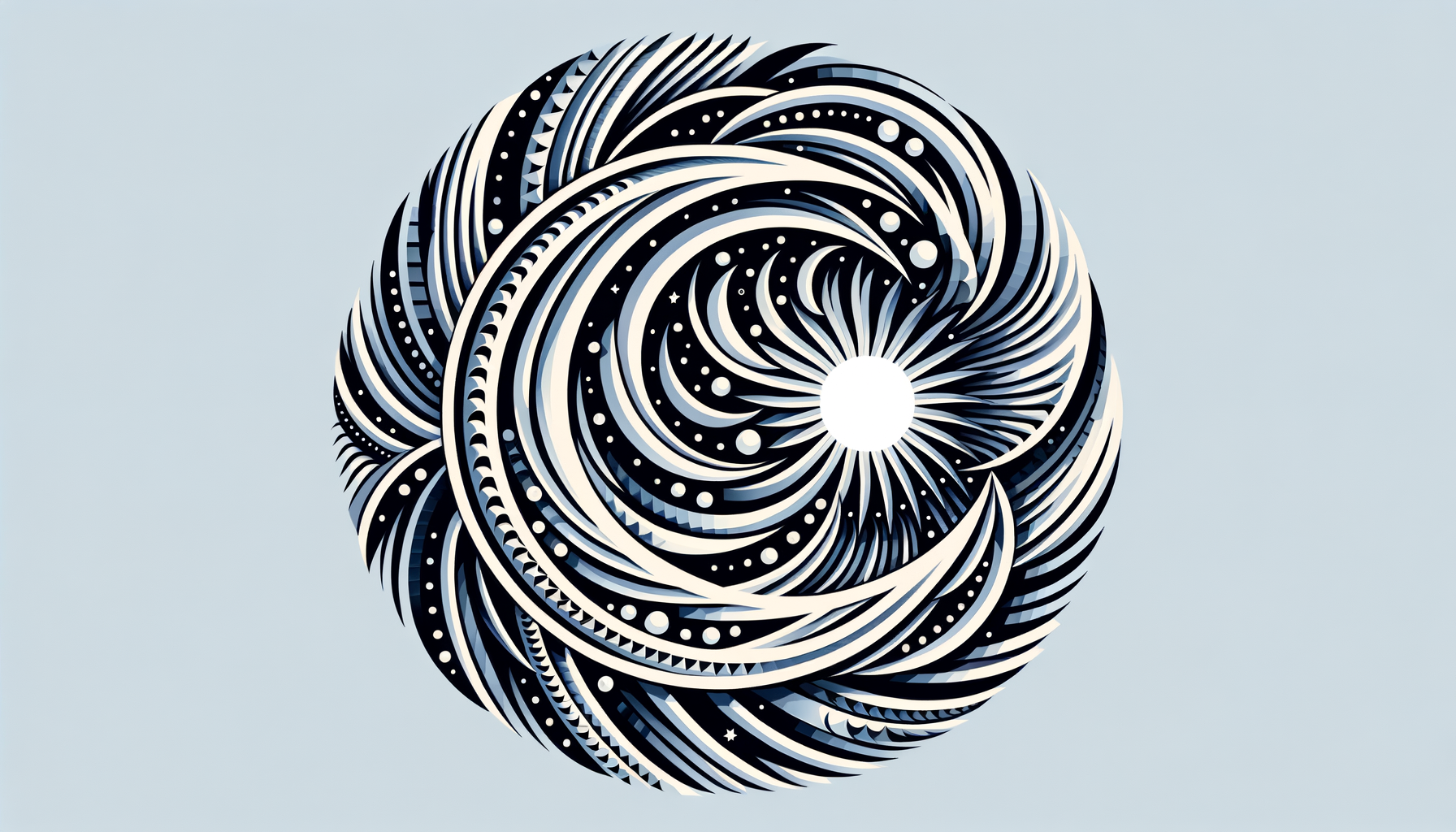What’s in a Name? (Spoiler: It’s More Than You Think)
Who Are You—Really?
Names are funny little things, aren’t they? They’re the first gift we’re given, and yet we have no say in them. They’re scrawled onto our cubbies in kindergarten, whispered in awkward introductions with crushes, and, if we’re lucky, cheered loudly at graduations or weddings. But have you ever paused to think about what your name says about you—or more importantly, what you want it to say?
For me, my name, Caleb, has been both a trusty companion and an unintentional icebreaker. It feels classic but not too flashy, biblical but not entirely buttoned-up. And yet, it’s also a name that tends to invite confusion. I’ve been called “Cayleb” (unnecessary Y included), “Cable” (thanks, Starbucks baristas), and “Caleb-with-a-K.” Each time, I just go with it, because I know my identity stretches far beyond what’s printed on my driver’s license.
Names are a starting point. The real journey is figuring out how you grow into them—or redefine them altogether.
A Name Is a Story (or a Set of Expectations)
Growing up in Utah, in a deeply Latter-day Saint household, Caleb always struck me as a name loaded with significance. It’s rooted in the Bible, specifically in the story of a faithful scout from the Book of Numbers who had the kind of unwavering belief most of us only wish we had in ourselves. (No pressure, right?) My parents, devout yet thoughtful, gave me the name in hopes that I’d embody similar courage.
That faith-driven significance wasn’t lost on me in childhood; in fact, it reinforced an early weight of expectation. Names, especially biblical ones, often come with subtle cultural whisperings about who you’re supposed to be. Caleb is loyal and righteous. Caleb is someone who takes the high road. Caleb doesn’t screw up—or at least if he does, you best believe he fixes it.
But real life? That’s not always neat or righteous.
Growing up, the name Caleb wasn’t just about what it meant in scripture. It became a kind of quiet dare to explore—to question whether I could be courageous in ways that mattered to me. Could I speak up about doubts in a faith community that sometimes equated silence with reverence? Could I carve out a path that authentically reflected my values even if it diverged from the well-paved road my upbringing offered?
Looking back now, I think my name played an integral role in guiding, nudging, and challenging me to become exactly that—myself.
The Weird Magic of Owning It
We all have peculiar relationships with our names. Some adore the way theirs rolls off the tongue like a melody; others might wince whenever it’s mispronounced or misspelled on the first day of work. I fall somewhere in the middle. “Caleb” is simple enough not to draw too much attention, but unique enough that I never had to add my last initial in grade school like every other “Jacob W.” or “Emma S.”
But here’s something funny no one tells you when you hit adulthood: how your name shapes others' first impressions isn’t nearly as important as how you shape it from within. It’s the aura you project, the personality you build around it.
Once, during a dry-ish hiking date in Zion National Park, my date asked what “Caleb” meant and if I lived up to its biblical roots. "It means 'dog,' actually," I replied with a grin. (True fact: Caleb has Hebrew origins meaning ‘to dog’ or ‘wholehearted’). She laughed and exclaimed, “Well, at least dogs are loyal!” And I countered, “Or stubborn. Depends on the day.”
That small, slightly ridiculous exchange taught me something profound: People care more about the substance of who you are than the etymology of your name.
How to Be Unapologetically You
Your name is a bookmark in your story, and whether you love it, hate it, or feel neutral toward it, you define what gets written on those pages. Here are a few ways I’ve learned to be unapologetically me—and how you can do the same, no matter what adorns your birth certificate:
-
Embrace the Lumps and Imperfections.
Your identity, like that weirdly misspelled version of your name on a takeout order, doesn’t always come out as cleanly as you’d like. That’s okay. It’s okay to love parts of yourself while working on others. My teenage self might’ve cringed at being labeled “the guy who takes everything too deeply,” but now I laugh about it. Overthinking helps me write killer, introspective essays. -
Reclaim What You Can.
Hate your given name? Shorten it. Lengthen it. Adopt a nickname. Call yourself something wild like Maverick or Starling over coffee shop orders if that feels right for you. (I briefly considered Alex as an alternate in high school because I wanted to feel “cool anonymous,” but Caleb grew on me.) -
Let Your Actions Define You.
Here’s the thing: No one remembers you just for your name. They remember the kindness you extended, the jokes you cracked, or the way your eyes lit up talking about the weirdly specific things you're passionate about. A name is a container—you’re the one who decides what it holds. -
Laugh About It.
Some of the best self-discovery happens when you stop taking yourself too seriously. I still chuckle over the time a potential date misunderstood my name as “Kale” and said, “Oh, like the leafy vegetable?” Take those moments and mix them into your story; they make for excellent icebreakers later on.
Love Your Name, or Reinvent It
Here's the bottom line: Your name is part of you, but it doesn’t own you. Think of it as seasoning in a dish—important, sure, but just one ingredient in a much fuller recipe. Some of us grow naturally into the ones given to us at birth, like cozy sweaters fitting perfectly over time. Others cast them off, knitting ourselves new ones from scratch. Neither path is more valid than the other.
Whether you see your name as a badge of honor, a family heirloom, or simply a label that gets tossed into the wind every time you say, “Just call me anything close to that,” its ultimate meaning is yours to shape. So whether you’re a Caleb, a Kale (question marks included), or something else entirely—just make sure whatever you are, you're authentically and wildly you.




















